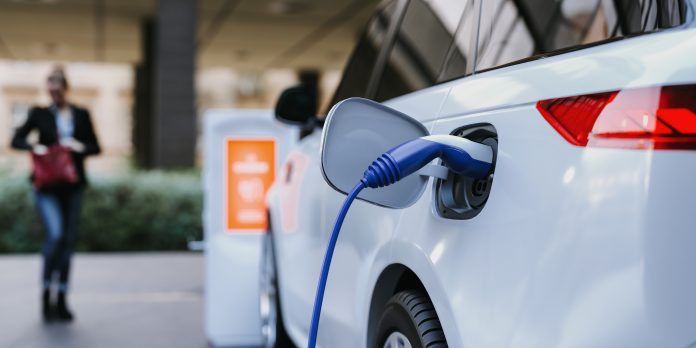As the U.S. presidential election approaches, the auto industry urges lawmakers to maintain the Inflation Reduction Act (IRA), a critical piece of legislation that has spurred billions in investments in electric vehicle (EV) assembly, battery manufacturing, and parts production. This two-year-old law has been a cornerstone of the industry’s efforts to make the U.S. more competitive in the global EV market.
The IRA, along with the bipartisan infrastructure law and the CHIPS and Science Act of 2022, has catalyzed a massive shift in U.S. industrial policy. These laws have encouraged automakers, suppliers, and battery manufacturers to develop a more robust regional supply chain for EVs, reducing reliance on imports, particularly from China. Since its passage in August 2022, companies have allocated $223 billion to EV-specific facilities and initiatives in the U.S., with two-thirds of that investment following the IRA.
However, the future of these laws is uncertain, particularly as the political landscape could shift with the upcoming election. Republican presidential candidate Donald Trump has indicated that he might consider ending the $7,500 tax credit for EV purchases if elected, a move that industry leaders warn could have significant ramifications. Chris Nevers, Rivian’s senior director of public policy, highlighted the potential dangers of repealing the IRA, stating that it would be like “yanking the rug out from underneath” the many suppliers and manufacturers who have invested heavily in domestic production.
Automakers and suppliers are bracing for possible policy changes, with the industry fearing a reversal of the progress made under the IRA. Battery manufacturing, which accounts for $133 billion of the investment, is particularly vulnerable. The National Resources Defense Council has warned that $89 billion in planned investments could be at risk if the IRA is repealed.
The stakes are high, as EV sales in the U.S. are growing but have not yet met earlier expectations. Repealing the IRA’s consumer tax credits could further slow this growth, with analysts predicting a decline in EV market penetration.
As the election draws near, automakers and suppliers prepare for potential changes in Washington’s approach to automotive policy. While some companies, like Toyota, are developing strategies that they believe will withstand shifts in government policy, the uncertainty surrounding the future of the IRA is a significant concern. The election outcome will determine whether the momentum built by the IRA will continue or if the industry will face new challenges in its pursuit of electrification.



